
Facebook Chief Executive Mark Zuckerberg did not warn Treasurer Josh Frydenberg, botoom right, when they spoke at the weekend
Facebook has taken the nuclear option in its dispute over new Australian media laws, banning news content from its service entirely rather than be forced to pay for it.
The social media giant said on Wednesday that it had blocked all Australian publishers from posting on Facebook and prevented users across the world from sharing their content, as well as hiding all news and journalism from Australian users.
It came in response to a new government media code that would force Facebook and Google to agree direct fees with news producers or else accept a price decided from an official arbitrator.
Treasurer Josh Frydenberg said he had spoken to Facebook Chief Executive Mark Zuckerberg over the weekend about the looming laws and was not given warning that te social media firm would block content, including public Covid advice from government pages.
Mr Frydenberg said the company’s actions were "unnecessary, they were heavy-handed, and they will damage its reputation here in Australia".
The two men had a subsequent conversation on Thursday morning which was "constructive", Mr Frydenberg said, adding they discussed what he called "differing interpretations" about how the new Media Bargaining Code would work.
It comes as Google struck a historic three-year deal with Rupert Murdoch’s News Corp to hand a "significant" slice of its advertising revenue to an international roster of news outlets including The Australian, The Times, The Sun and the Wall Street Journal.
Both companies had threatened to restrict their services if the code became law. Australia’s House of Representatives approved the bill on Thursday, and it is expected to pass the Senate.
William Easton, Facebook’s general manager for Australia and New Zealand, said the company was not prepared to be punished for content that it "didn’t take or ask for" and had taken this measure "with a heavy heart".
Mr Easton said: "Publishers willingly choose to post news on Facebook, as it allows them to sell more subscriptions, grow their audiences and increase advertising revenue. For Facebook, the business gain from news is minimal.
"This legislation sets a precedent where the government decides who enters into these news content agreements, and ultimately how much the party that already receives value from the free service gets paid.
"We hope that in the future the Australian government will recognise the value we already provide and work with us to strengthen, rather than limit, our partnerships with publishers."
Facebook is still the biggest social network
Anticipating questions about why Facebook and Google have taken such different stances, Mr Easton said that publishers do not choose whether to appear in Google searches.
A spokesman added that Instagram would not be affected because its image-focused nature offers few opportunities to drive traffic to other companies’ website.
In theory, the new rules mean that Facebook users across the world will be unable to view or share Australian news content, whether posted as a link or from publishers’ own pages. Australian users will be unable to view any news, no matter where it came from.
However, it is uncertain how well Facebook’s artificial intelligence will be able to recognise what is and is not news, beyond specific blocks on known outlets. If the company’s systems catch traditional news publishers but not smaller alternative media, it could potentially lead to misinformation and conspiracy theories spreading more quickly.
In the past, the company has sometimes struggled to distinguish political adverts from purely commercial ones. Users discussing banned content, such as Covid-19 conspiracy theories, often attempt to evade censorship by sharing screenshots of articles.
A spokesman told The Telegraph that Facebook will identify news content using a machine learning system, trained by human readers who assess whether something is news based on criteria such as timeliness, whether it cites its sources and whether it is clearly attributed to a named author or organisation.
Last month, Facebook’s chief executive Mark Zuckerberg said it would attempt to reduce the prominence of political content in users’ news feeds.
The pages of the Queensland and South Australia state health departments, where a quarter of the country’s 25 million population receive reliable information about Covid-19, had their content removed, as did the Bureau of Meteorology, a government source for advice about bushfire danger, floods and other natural disasters. Facebook later said this was a mistake.
Human rights groups raised concerns over Facebook’s censorship of news. Human Rights Watch said: "This is an alarming and dangerous turn of events. Cutting off access to vital information to an entire country in the dead of the night is unconscionable."


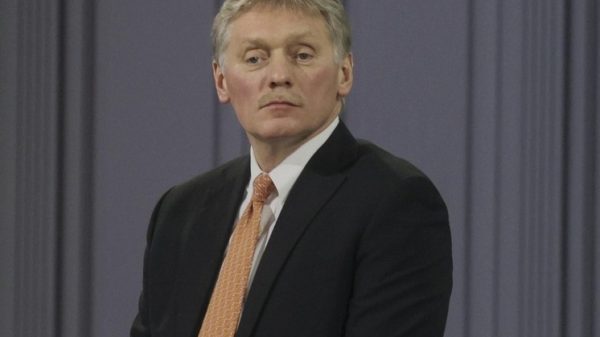
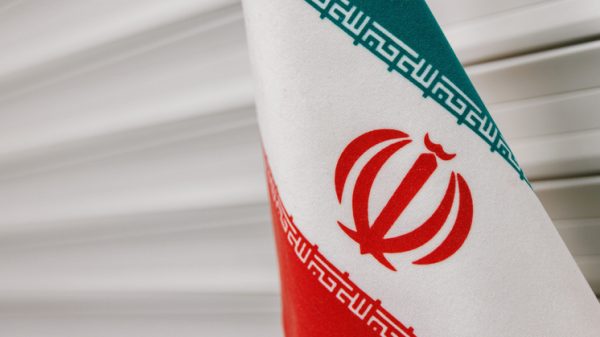

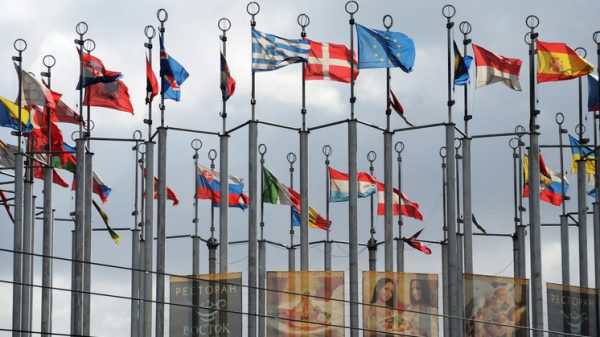






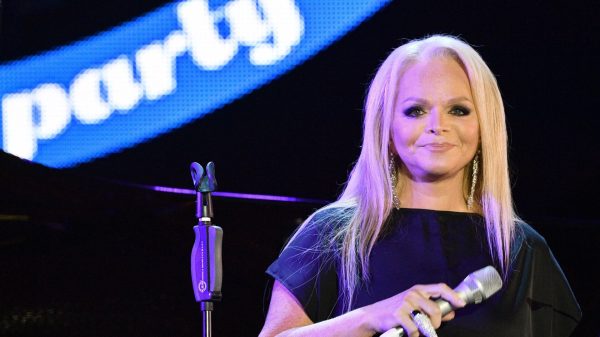
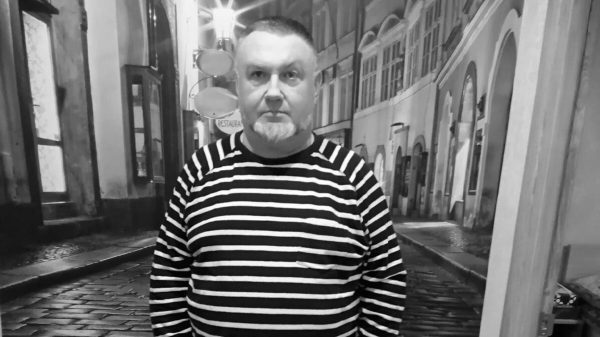



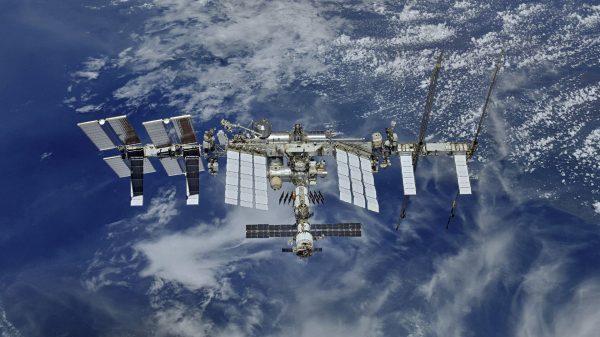

































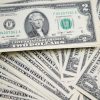




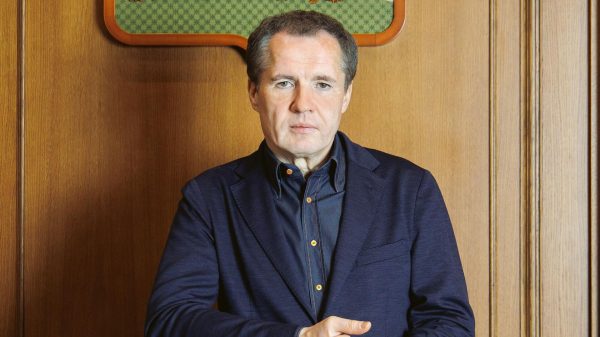
Свежие комментарии